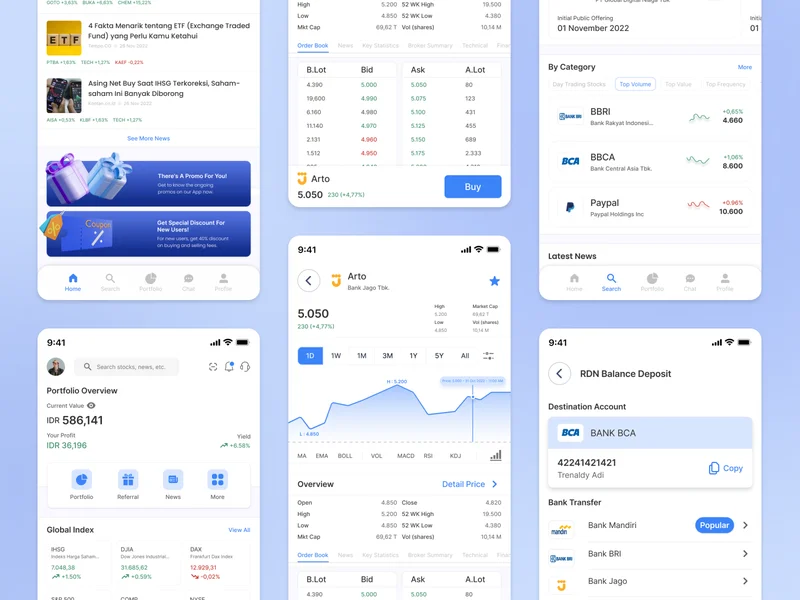AppLovin's SEC Probe: What We Know About the News and Price Impact
The Signal and the Noise in AppLovin’s 14% Plunge
Just a week ago, AppLovin was the picture of market invincibility. A darling of IBD’s top stock lists, the mobile ad-tech firm was riding a wave of booming sales and earnings. The `app stock price` chart was a clean, upward trajectory that every investor dreams of. The stock had just touched a record high above 745—to be more precise, 745.61 on September 29th. Then came Monday.
One Bloomberg report, citing the ever-ominous "people familiar with the matter," sent the stock into a freefall. Watching the ticker on Monday was like observing a controlled demolition. The price tumbled 14% to close at 587. The cause? AppLovin Stock Falls On Report Of SEC Probe. The market’s reaction was immediate and brutal, erasing billions in market capitalization in a single session. But the panic obscures the more critical question: is the market reacting to the right risk?
The sell-off is simple fear. The actual allegation is far more complex. The SEC is reportedly investigating whether AppLovin "violated service agreements with platform partners to send more targeted advertising to consumers." This is not a straightforward accusation of fraud or investor deception. It’s an inquiry into the very mechanics of how AppLovin generates its alpha. I've looked at hundreds of regulatory filings and corporate disclosures, and what's striking here isn't the investigation itself—those are common in tech—but the vagueness of the allegation. It targets the gray area where aggressive data strategy meets contractual obligation.
For a company like AppLovin, its data collection and processing methods are the entire business. It’s like a world-class restaurant built on a single, secret recipe. The SEC isn't alleging the food is poisoned; it's demanding to see the recipe card. The fear gripping investors is that the secret ingredient—the specific data practice that gives AppLovin its edge—might violate the terms of service of the very platforms it operates on. What happens to the restaurant if its signature ingredient is suddenly off-limits? Does the quality of the product decline? And if so, by how much?

Pricing a Fine vs. Pricing a Flaw
In the immediate aftermath, you saw the predictable divergence between short-term traders and long-term analysts. While the `stock market` was busy hitting the sell button, Wedbush analyst Alicia Reese reiterated her outperform rating, even raising her price target. This isn't cognitive dissonance; it's two different groups analyzing two different problems. The sellers are pricing in a headline risk: a potential SEC fine, protracted legal battles, and negative press. The analyst is looking at the underlying business, which, until Monday, was firing on all cylinders.
The market’s 14% haircut feels like an attempt to quantify a potential financial penalty. A fine of a few hundred million dollars, while painful, is a one-time event for a company of this scale. It’s a known quantity, a cost of doing business in a complex regulatory environment. But this line of thinking misses the forest for the trees. The real, existential risk isn't a fine. It's a forced change in methodology.
If the SEC probe confirms that AppLovin's data advantage stems from a practice that violates partner agreements, the remedy won't just be a check written to the Treasury. It could involve a consent decree forcing the company to abandon that practice. This is where the true uncertainty lies. How much of AppLovin’s recent stellar performance is attributable to this specific, now-questionable data pipeline? Is it a minor optimization, or is it the core engine of their superior ad-targeting performance? We simply don't have the data to answer that, and neither, it seems, does the market.
This probe is a stress test of AppLovin's technological black box. The company’s value proposition is that its AI and machine learning algorithms are simply better at finding high-value users for app developers. If that superiority is predicated on a data source that could be shut off, the entire valuation model comes into question. The market is treating this like a speeding ticket, but it could be a fundamental challenge to AppLovin's driver's license.
An Algorithm Under Scrutiny
Let’s be clear: the market is pricing in a penalty. It should be pricing in a potential paradigm shift. A one-time fine is an accounting entry; a permanent degradation of your core data asset is a fundamental threat to your competitive moat. The panic selling on Monday wasn’t wrong, but it was likely focused on the wrong variable. The billion-dollar question isn't "How large will the fine be?" It's "How effective is AppLovin's algorithm without this specific data?" Until we have an answer to that, the stock’s true value is an unknown unknown.
